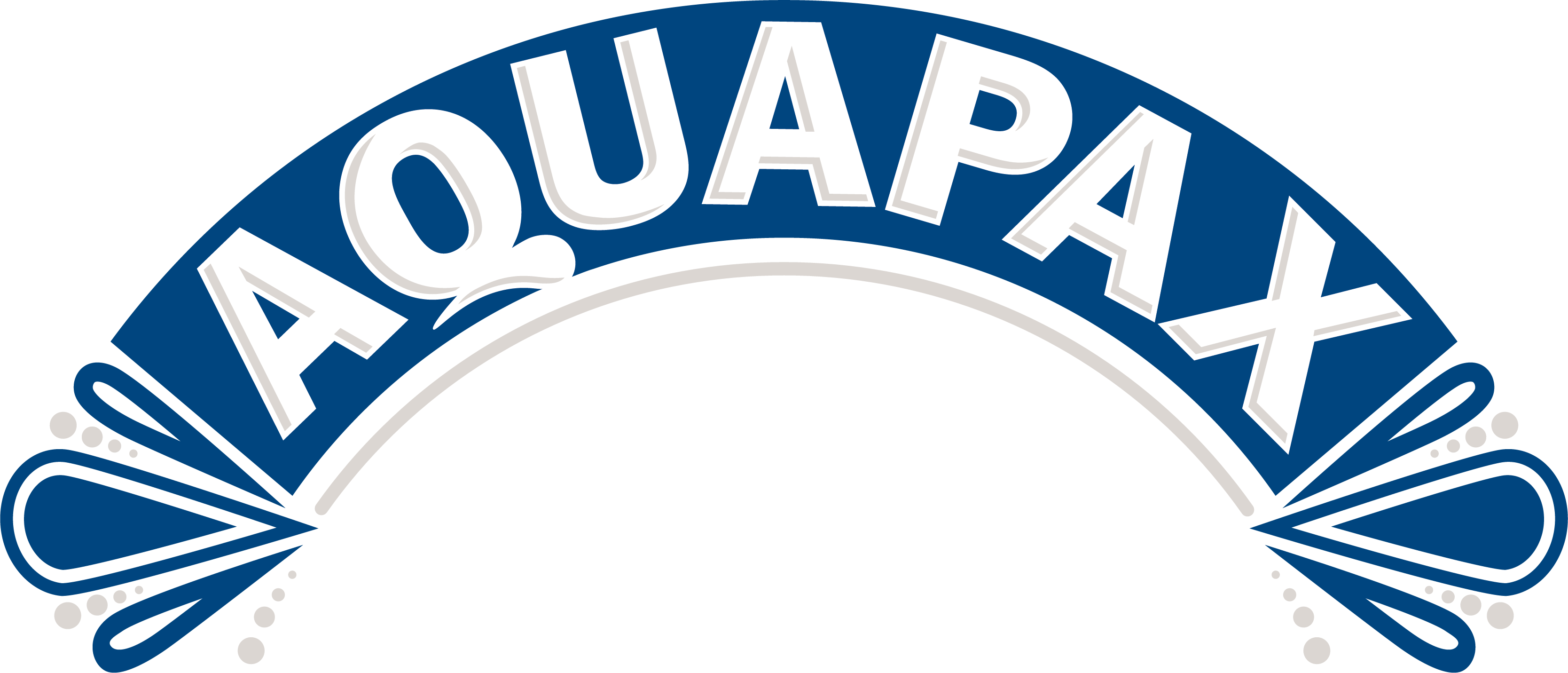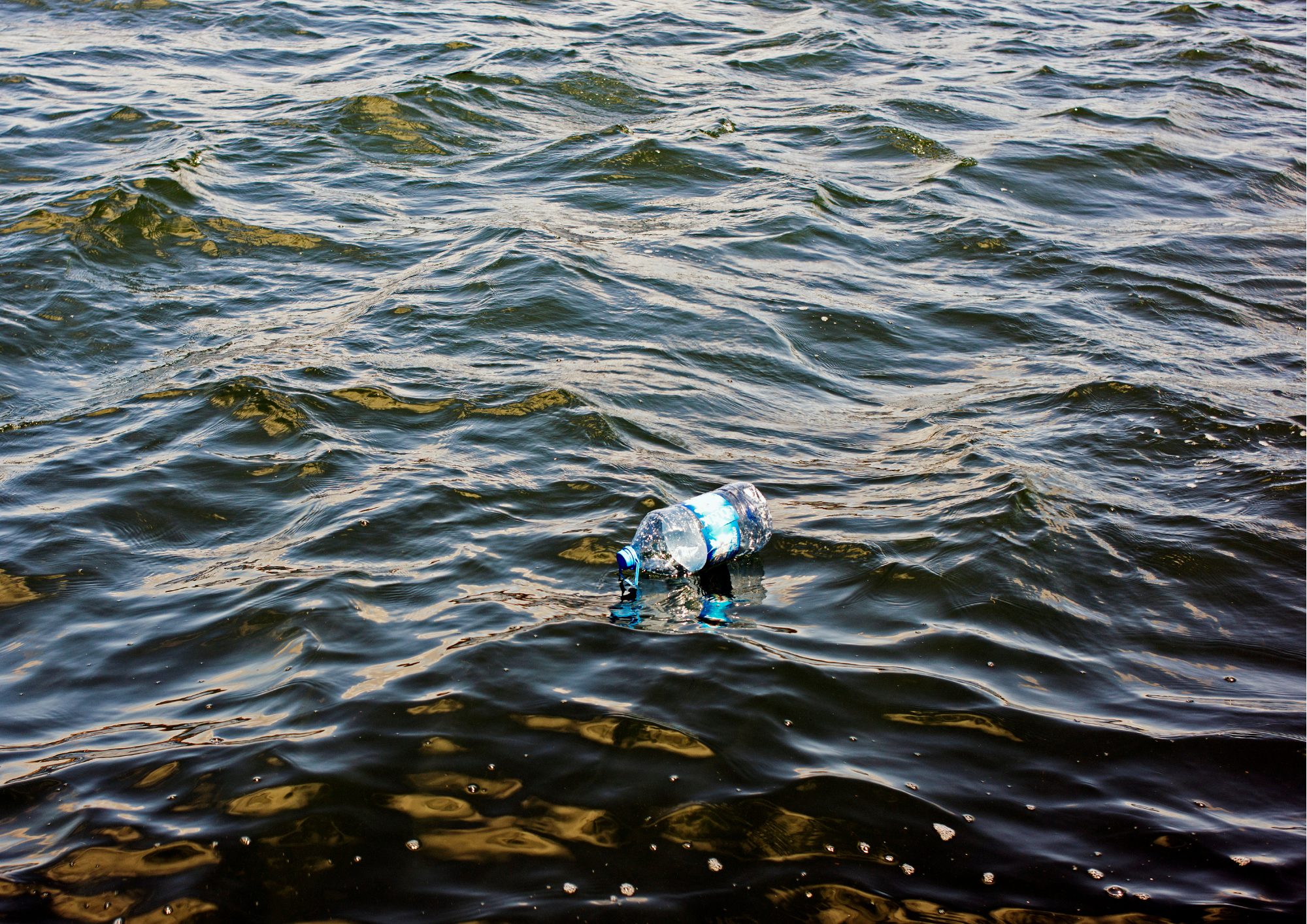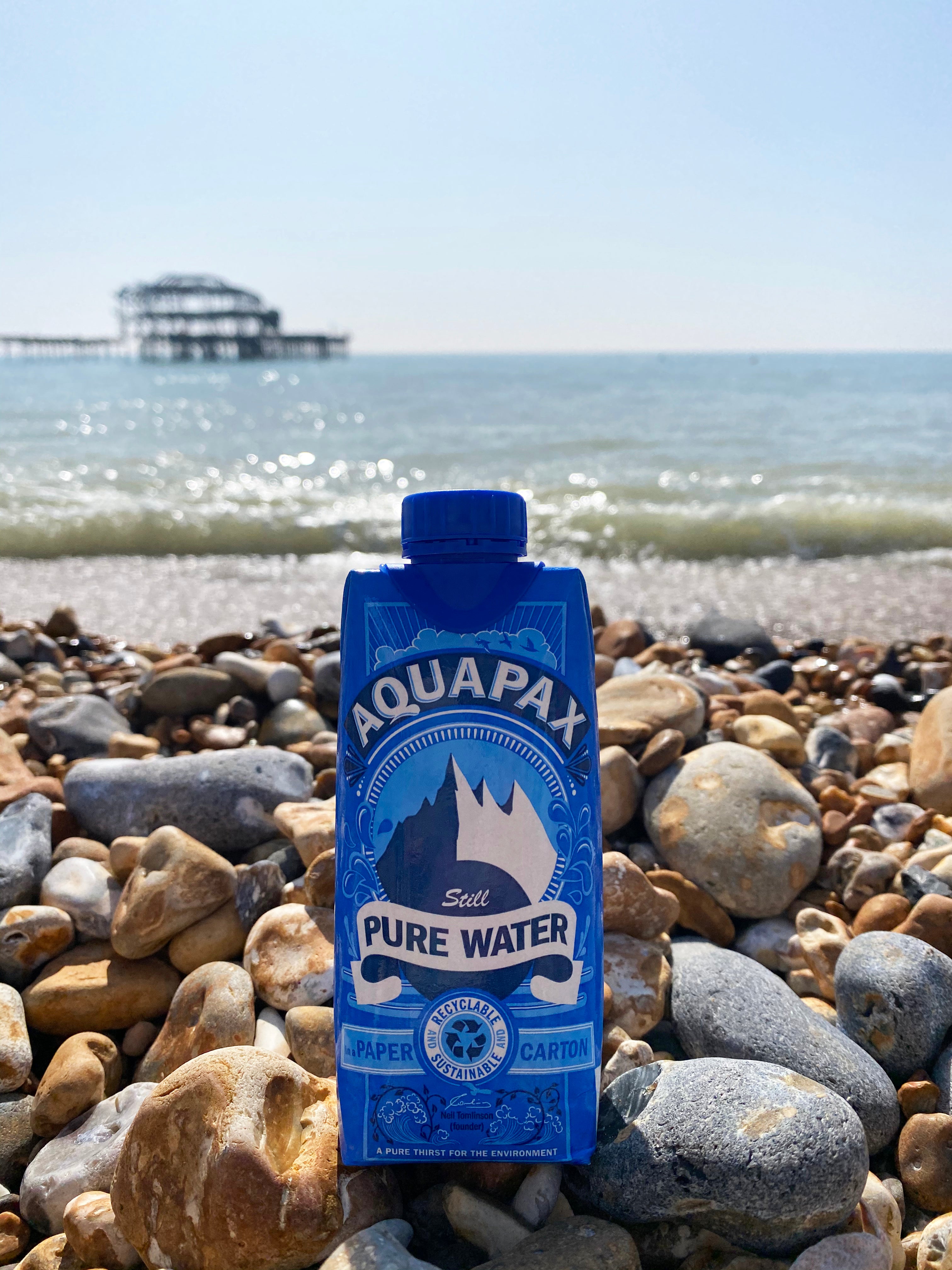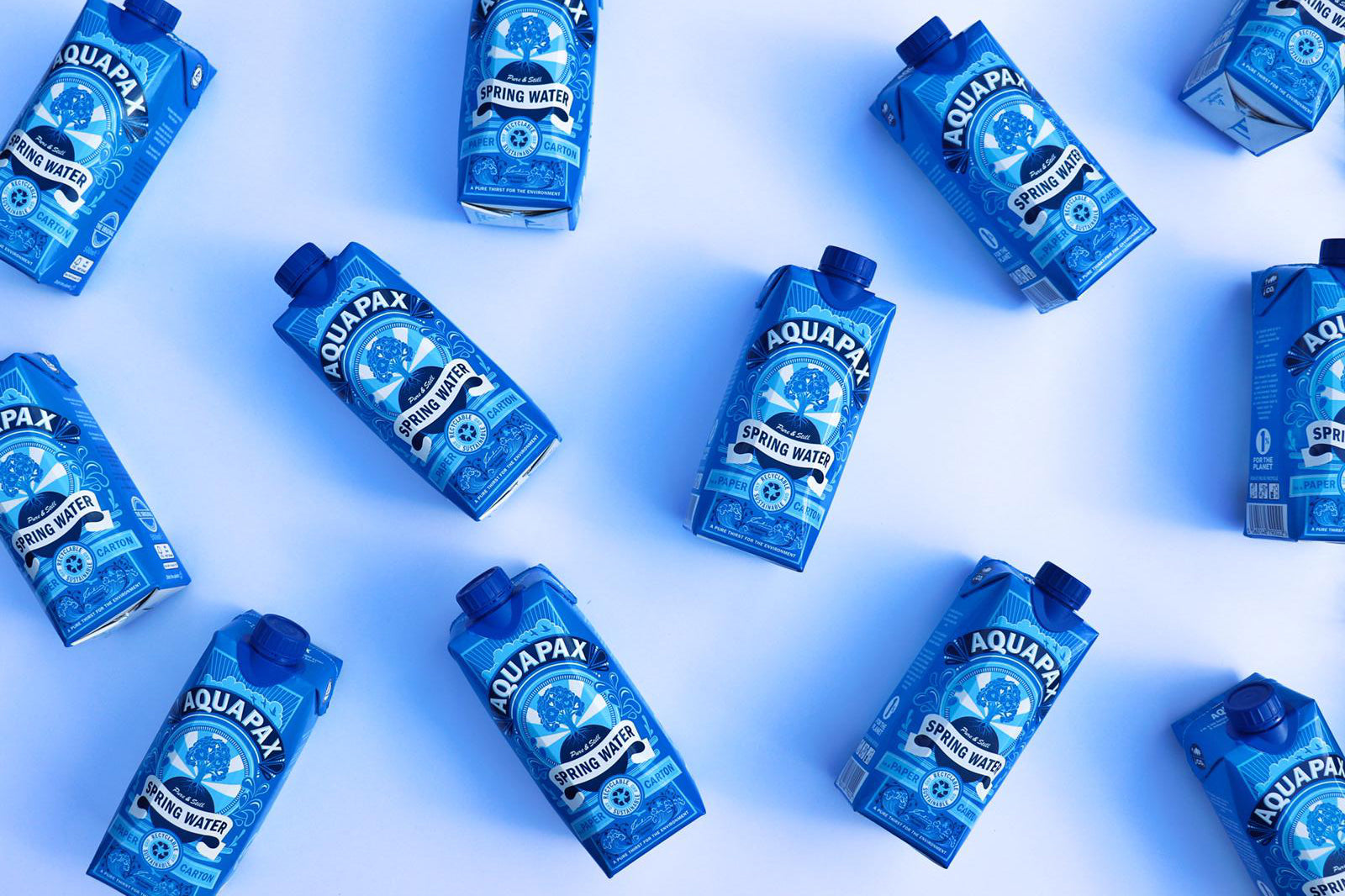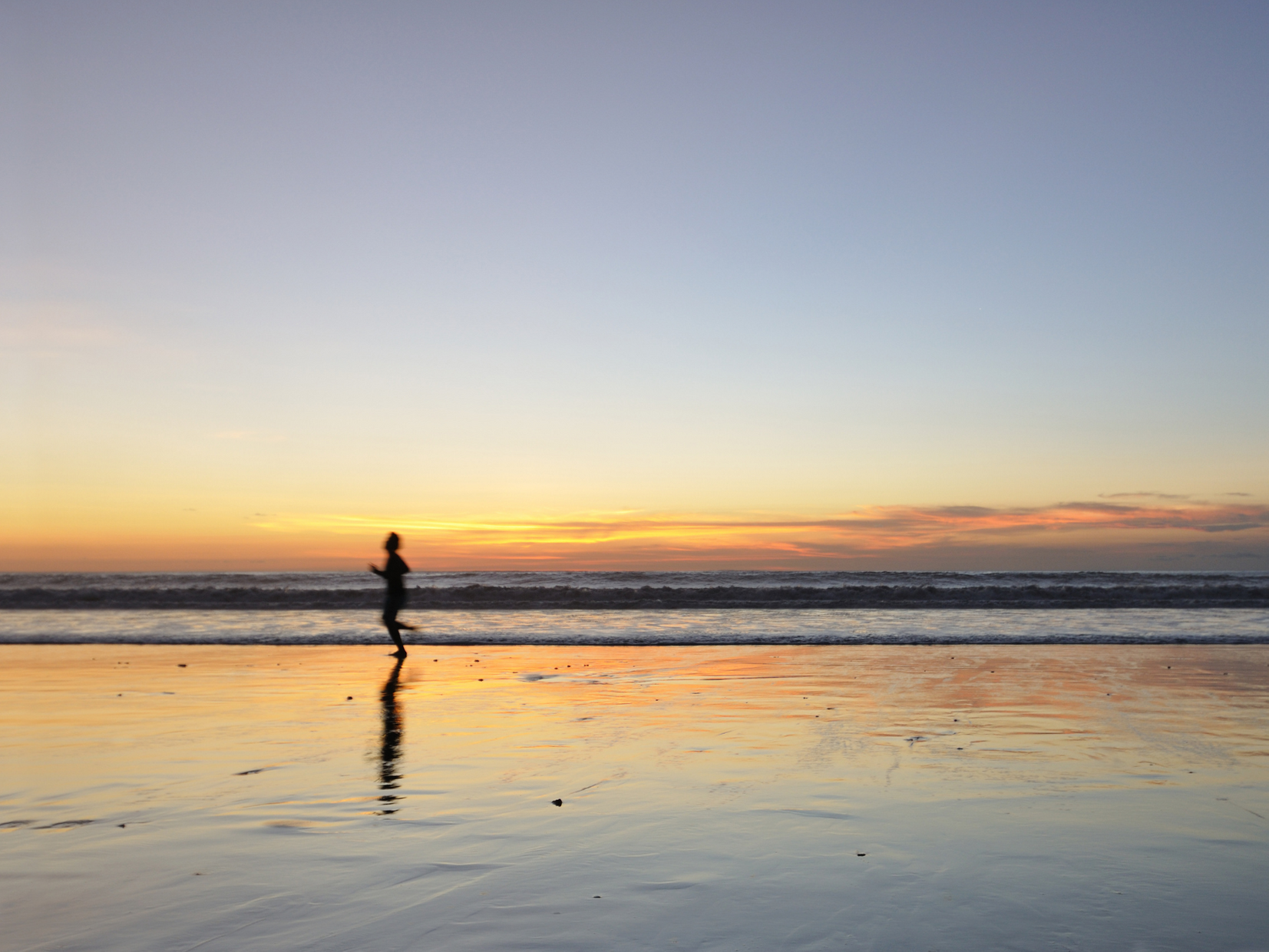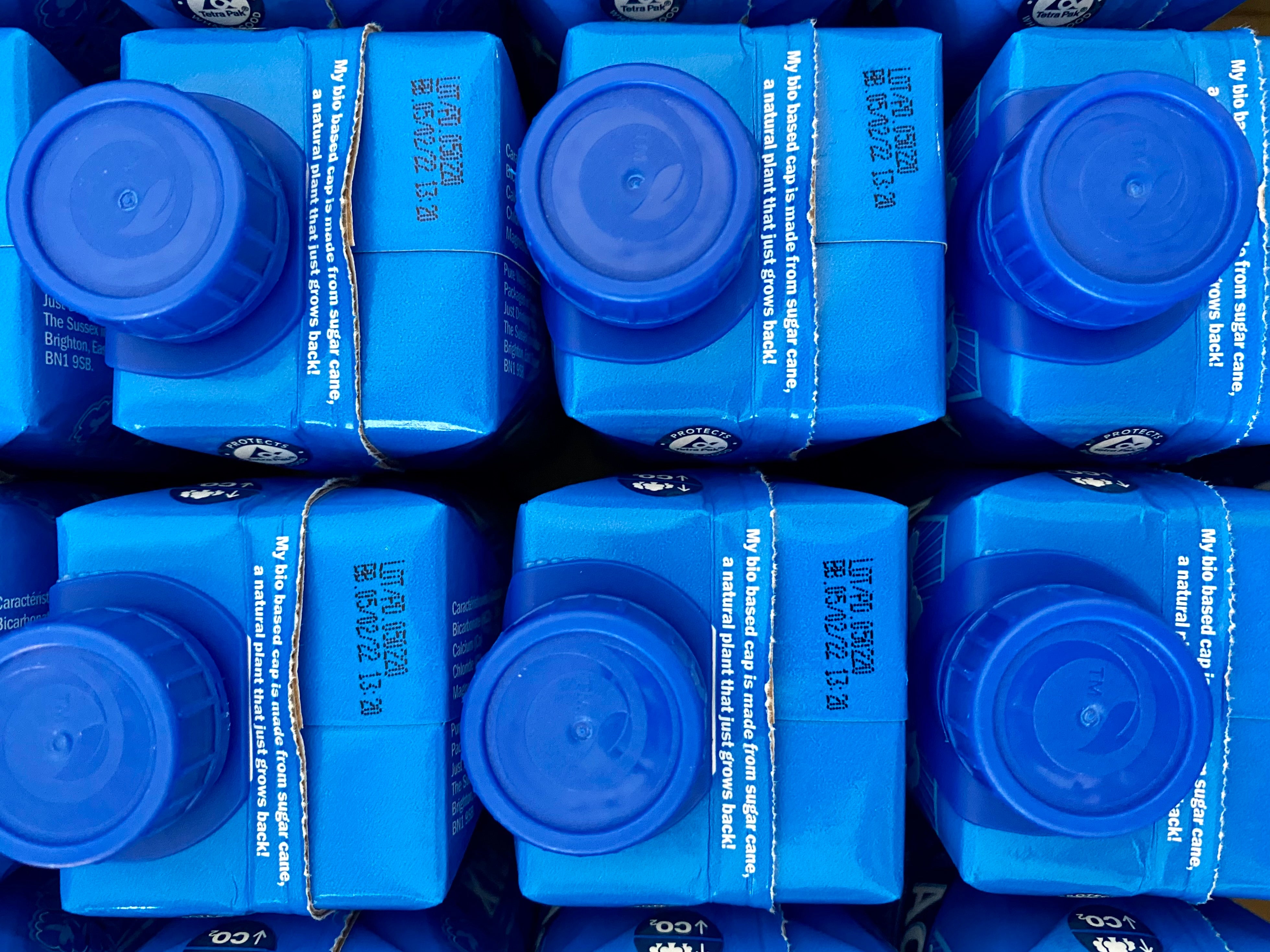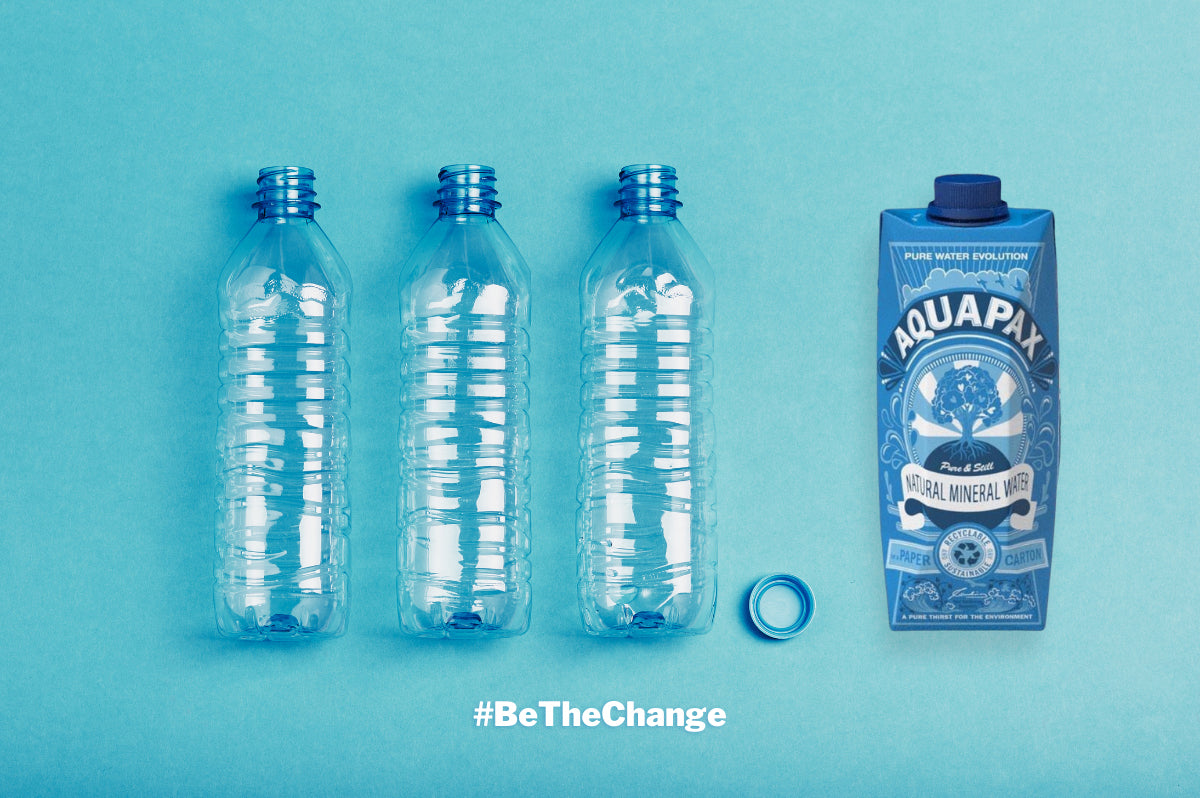News
Harmful plastics and what we can do to avoid them
Up-cycle your used Aquapax cartons!
Today is World Health Day and the World Health Organisation has chosen this year's campaign to be "building a fairer, healthier world".
We asked Aquapax founder Neil to ping us a paragraph on building a fairer, healthier world:
Changing any established system with an intention of creating a fairer or healthier outcome, begins with a desire for that ‘better’ outcome.
Did you know our caps are made out of sugar cane? Our bio- and plant-based caps are made from polythene and produced from sugar cane. The caps are made from renewable plant material without limiting the advantages of plastic based caps.
The rise and fall of single-use plastic water bottles
Despite the efforts to abolish single-use plastic bottles, the rates of recycling are depressingly low. In 2016, less than half of single-use plastic water bottles were recycled and only 7% were recycled into new bottles.
It is necessary to find alternatives to single-use plastic bottles.
